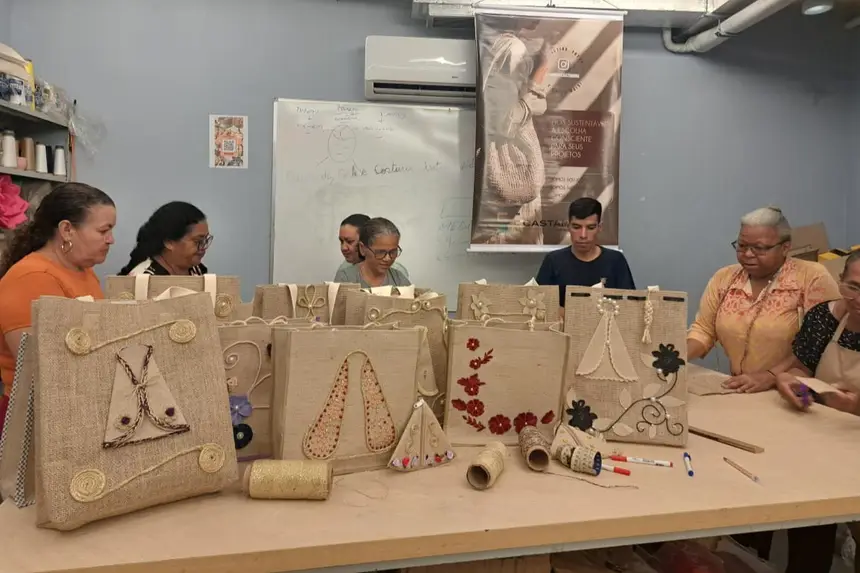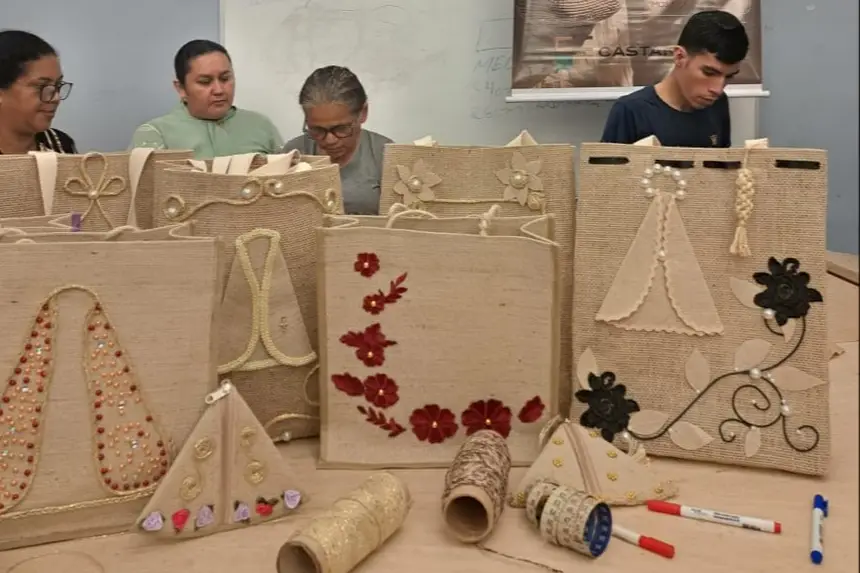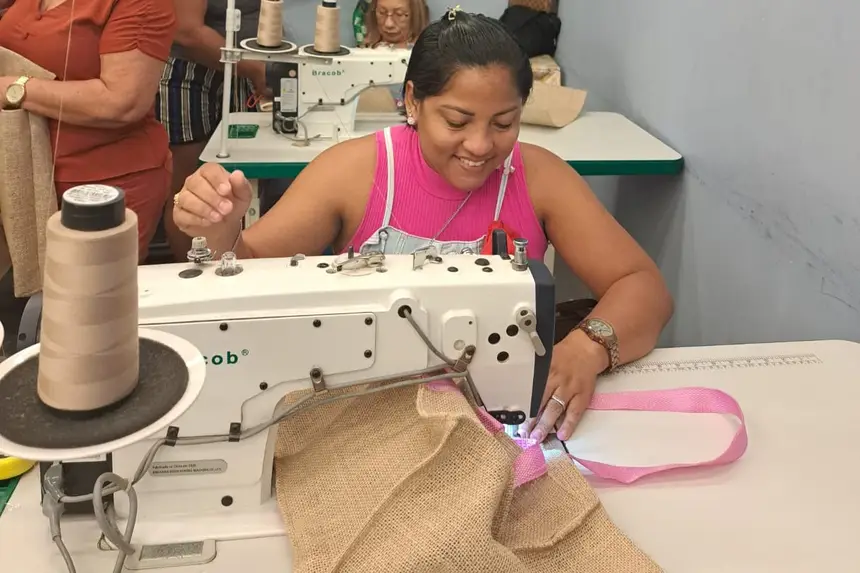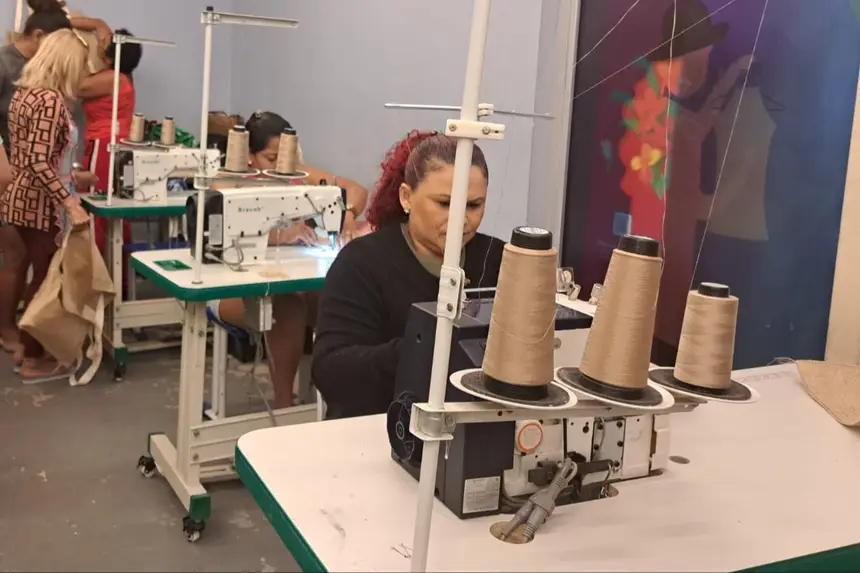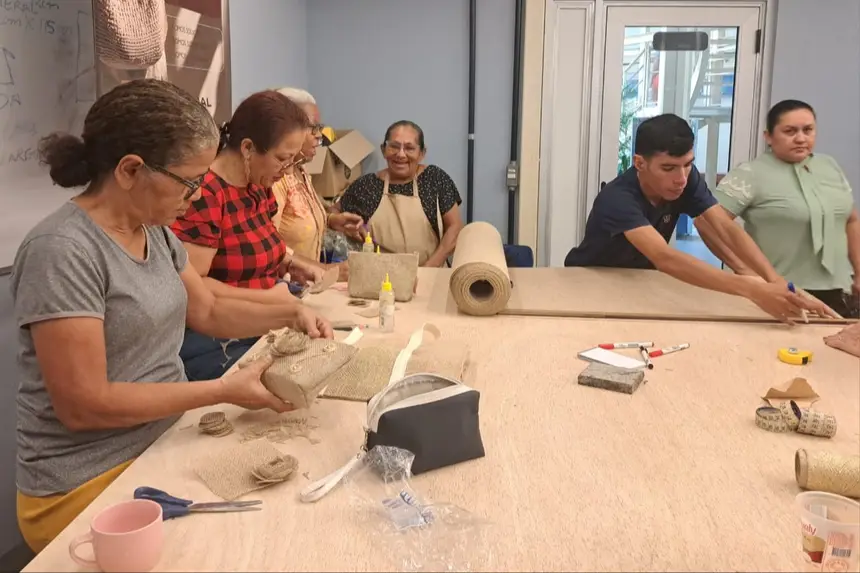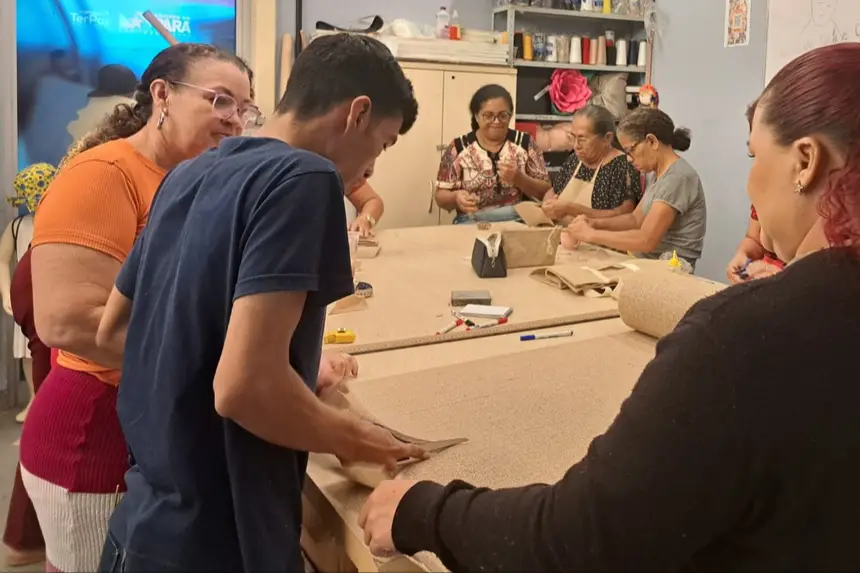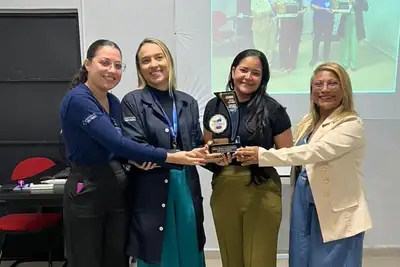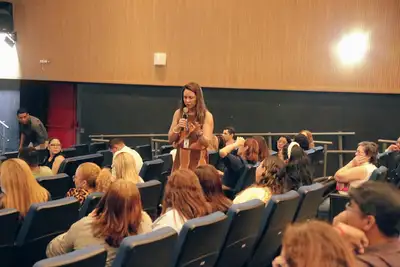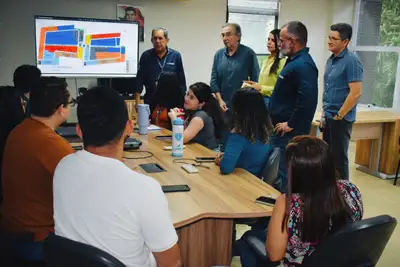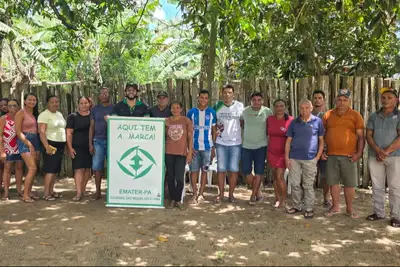Craft Workshop with Natural Fiber Empowers Residents of Bengui
The workshop aims to promote economic and social development through income generation and appreciation of local artisanal production
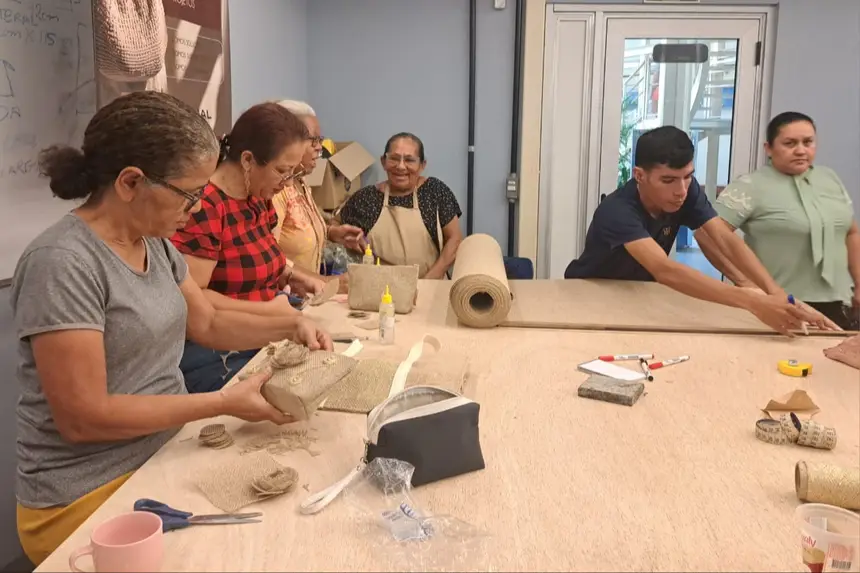
Twenty residents of the Bengui neighborhood completed, this Friday (19), the craft workshop held at the Usina da Paz Pe. Bruno Sechi, in Belém. The training focused on the use of Amazon mallow, a natural and sustainable fiber cultivated in more than 20 municipalities in Pará, mainly in the regions of Integração Guamá and Guajará, where all stages of production are covered, from seed planting to harvesting. Promoted by the State Secretariat for Economic Development, Mining and Energy (Sedeme), in partnership with the Castanhal Textile Company (CTC), the workshop started last Tuesday (16), with a total workload of 32 hours.
The initiative is part of the Territories for Peace Program (TerPaz), of the government of Pará, and aims to promote economic and social development through income generation and appreciation of local artisanal production.
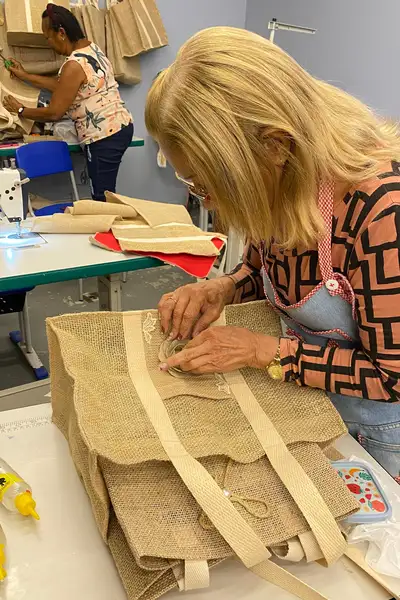
The secretary of Sedeme, Paulo Bengtson, highlights the importance of strengthening the creative economy as a strategy to encourage entrepreneurship and promote job and income generation. According to him, the knowledge acquired in the workshops is a powerful tool to transform realities and contribute directly to sustainable socioeconomic development.
Maria Raimunda Barbosa, one of the graduates of the workshop, shared her experience with enthusiasm. She says this was the first time she participated in a craft course using Amazon mallow. “I have taken other courses here at the Usina, such as cooking and sewing. I work selling coffee and see the Usina's courses as a learning opportunity. Who knows, in the future, I might also invest in the craft area, which is something I really enjoy. This opportunity, offered by Sedeme in partnership with CTC, is another important step I can take in my life. Each course is a new chance to learn and grow. I am 66 years old and I keep learning,” she emphasized.
The industrial manager of the Castanhal Textile Company (CTC), Rita Queiroga, highlighted the main techniques applied in the courses offered by the company in the Usinas da Paz project: cutting, sewing, gluing, embroidery, and crochet, using natural, dyed threads and various fabrics.
According to Rita, learning is an essential way to value the talent that students already bring with them. “The achievement of the training certificate opens doors to real opportunities, including access to financing lines in accredited banks for this type of enterprise. With this, income generation becomes a concrete reality for many families. CTC has the privilege of participating in this project, transforming lives and building dreams — changing the world with real actions,” she stressed.
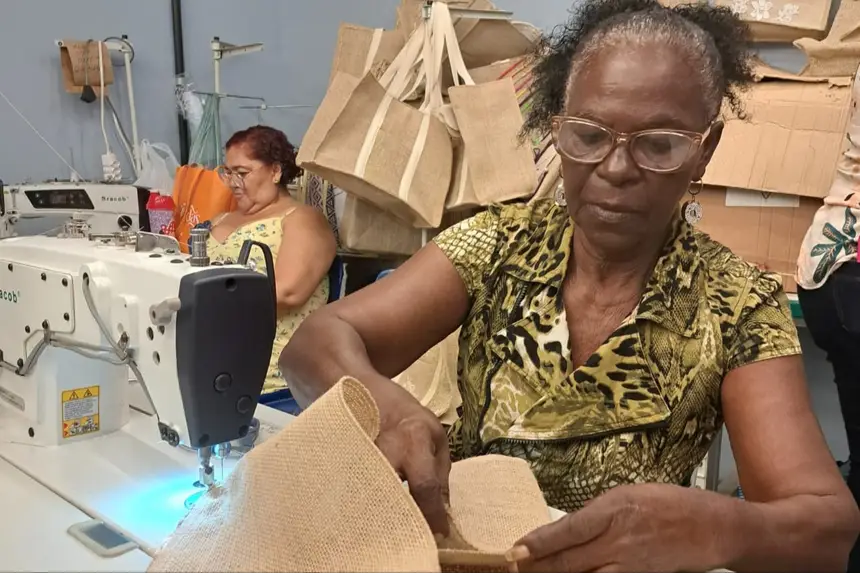
About CTC
Founded in 1966, the Castanhal Textile Company (CTC), located in the municipality of Castanhal, is the largest manufacturer of jute products in the Americas, with its main products being coffee sacks, craft screens, hats, and decoration, weaving threads, footwear industry, haberdashery, and others. The industry has more than a thousand employees who produce over 10 thousand tons of fibers per year.
Encouraged by the state government, via Sedeme, the Textile Company is also a partner of the Secretary of Economic Development in conducting courses for the production of artisanal items from mallow and jute, an initiative that is part of the Territories for Peace Program (TerPaz).


